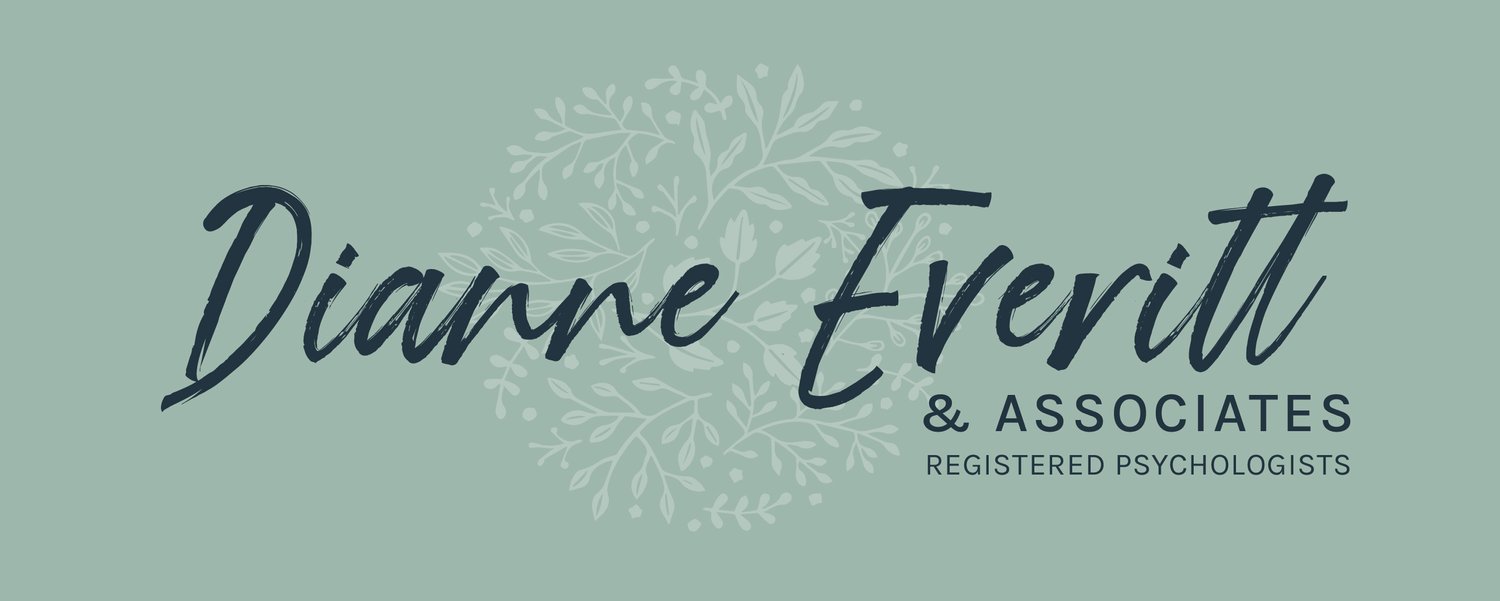
ASD Assessments
Gold-Standard Autism assessments for children, adolescents and adults
We offer Gold-Standard ASD (Autistic Spectrum Disorder) assessments, in line with the National Institute for Health and Care Excellence (NICE) guidelines and standards.
What is Autistic Spectrum Disorder (ASD)?
There is an enormous amount of variation in the symptoms of Autism Spectrum Disorder (ASD), and each person who is on the Autistic Spectrum is completely unique. The Autistic brain works very much like a formula, and has the unique ability to learn just about anything, given the right conditions. Most people on the Autistic Spectrum describe a long history of feeling that something was a little different about them and never quite fitting in socially. People on the autistic spectrum can often feel anxious or depressed, and this is more often than not what leads them to seeking help. Getting a diagnosis is not about the label, but about gaining an understanding of how your brain works, and how to play to your strengths.
There are both strengths and challenges to the Autistic brain.
ADHD can effect all areas of life, including education, work, relationships, as well as mental health. Adults have usually learned to mask and compensate for their symptoms well, and can appear to be very functional, while feeling like they are constantly bordering on a state of overwhelm.
*Because there is such variation in ASD symptoms, this list is by no means exhaustive. Please contact us for a pre-assessment questionnaire if you are unsure about whether you would like to proceed with an assessment. This is free of charge and comes with no obligation.
Strengths
Focus and Attention to Detail: Many individuals with ASD possess strong attention to detail and can concentrate on tasks for extended periods, often excelling in areas that require precision.
Strong Memory Skills: Some people with ASD have excellent memories, particularly in areas of interest. They may recall facts, figures, or events with remarkable accuracy.
Highly Specialized Interests: Individuals with ASD often develop deep knowledge in specific subjects, which can lead to expertise in fields such as science, technology, engineering, art, or music.
Unique Problem-Solving Abilities: Some individuals may approach problems from unconventional angles and provide creative solutions that others might not consider.
Honesty and Integrity: Many people with ASD value honesty and precision in communication, leading to straightforward interactions that can be refreshing and genuine.
Visual and Spatial Skills: Some individuals excel in tasks that require visual or spatial understanding, such as art, design, or fields involving visual analysis.
Independent Thinking: People with ASD may think outside the box and challenge societal norms, leading to innovative ideas and perspectives.
Routine and Structure: Many individuals thrive in structured environments and can be reliable and consistent in their work and daily routines.
Technical Skills: A tendency toward strong analytical skills can lead individuals with ASD to excel in technical fields, such as software development, engineering, or data analysis.
Resilience and Determination: Overcoming challenges associated with ASD can foster resilience, and many individuals exhibit determination and perseverance in pursuit of their goals.
Challenges
Difficulty reading subtle social cues and non-verbal communication
Uncomfortable when initiating and maintaining conversations
Preference for routines and difficulty coping with changes
Sensitivity to sensory stimuli (e.g., lights, sounds, textures)
Feeling overwhelmed in crowded or loud environments
Difficulty expressing emotions or understanding others' feelings
Repetitive behaviours
High levels of anxiety or stress in social situations
Tendency to take things literally or struggle with abstract concepts
Focus on attention to detail without seeing the bigger picture
Experiences stress when things are unstructured or sudden changes are made to plans or routines
Feeling exhausted after social interactions because of the masking and stimulus overload
What to look for when looking for a high-quality assessment?
One of the greatest strengths of Autism is the ability to pay close attention to detail. Working with this population, we pride ourselves on being meticulous and thorough when we offer assessments. We follow the NICE guidelines, gathering information from multiple sources, ensuring that our assessors are experienced experts in ASD, and working with more than one health care practitioner when there is some complexity in a case. We have a fantastic team of Autism specialists, and we frequently work together to ensure the best standards are applied in the assessment process.
According to NICE Guidelines, a thorough assessment of ASD should include the following elements. We can proudly say that we meet the standards for each one.
A tailored assessment process, that takes into consideration the overall complexity of a person’s history and mental health, rather than a one-size-fits-all assessment.
Uses one or more of the diagnostic tools that are considered Gold-Standard. These include the ADI-R, ADOS-2, and the DISCO.
Uses more than one tool in an assessment process, gathering information from one of the above tools (ADI-R, ADOS-2, DISCO), as well as a Clinical Interview, and questionnaires.
More than one practitioner considering your case. With straight forward cases, this might be that a Clinical Psychologist conducts the assessment, and consults with another Mental Health expert before concluding a diagnosis. In other cases, there might be more than one specialist conducting the assessment and working as a team.
Has at least one of the following practitioners to oversee the assessment process: A Clinical Psychologist, Psychiatrist, or Paediatrician.
Knows how to look out for and identify masking of ASD symptoms.
Advises whether other neurodevelopment conditions may be worth assessing for, such as ADHD, Dyslexia, Dyspraxia, Dyscalculia, or Learning Difficulties. There is often an overlap between Autism and other Neurodevelopmental Conditions, and you want a practitioner who is experienced enough to identify this.
Offers a thorough differential diagnosis (considering whether your symptoms can be better explained by a different mental health condition) and co-morbidities (other conditions that may be present in addition to Autism).
A practitioner who can signpost you to good quality practitioners for post diagnostic support. Whether you need a Psychiatrist, a Psychologist, or an Occupational therapist, a good assessor should be able to identify where your needs lie and be linked with good quality practitioners.
Offers a feedback session after the assessment. Getting a diagnosis, or not getting a diagnosis, is a lot to process. Providing a space to go through the details of the report, answer questions, and ensure you are okay is an important part of the process.
Don’t be afraid to ask questions if there is anything you are uncertain of. Getting an ASD assessment is a big step, and making a diagnosis is not something that should be taken lightly. We pride ourselves on being extremely thorough and accurate in our assessment process.
What’s the cost?
The cost of the full assessment process is £2000. There are no additional or hidden fees.
If you funding through Health Insurance, we will go through the steps to obtain authorisation for you.
The Assessment Process
Step 1: Complete our Registration Form
If you are unsure about whether to have an assessment, you can chat to a member of our team first who will guide you.
Step 2: Pay a Deposit
We require a deposit of £500 to secure an appointment. This is deductible against the final fee, but is non refundable if you do not attend your appointment.
If you are using Health Insurance such as Bupa to fund your assessment, we will need to get authorization from them first. You will need an authorization code from them for an initial appointment. We then write to Bupa and ask them to authorize the full assessment, if warranted. It takes about a week to get authorisation, and we can then proceed with the full assessment.
Step 3: We send you forms
We will send you questionnaires for yourself to complete, and for others to complete. We will give you clear instructions on who can complete questionnaires. It would usually be a school (for young people), parent, sibling, partner, or close friend.
Some people may not wish to involve others in their assessment process, or may not have access to the relevant parties. If this is the case, we are still able to proceed without this information.
Step 4: Book an Appointment
Schedule an appointment with one of our ASC experts. This will last a few hours, and you will have the option of booking one 3 hour appointment, or booking a number of shorter appointments over a number of days.
Step 5: Report Writing and Feedback
We write a comprehensive report, and book a follow up appointment, where we discuss the outcome of the assessment. During this appointment, we will talk to you about whether you meet the diagnostic criteria for ASC or not.
We will also discuss any other potential diagnoses that emerged from the assessment, such as depression, anxiety, OCD, or other disorders.
We will talk to you about any recommendations we have, based on the outcome of the assessment, and will signpost you to the right providers, such as a Psychologist, Psychiatrist, or Occupational Therapist, who can offer post-diagnostic support, should you require it.

A note about ASD
As a group of Mental Health Practitioners, we not only understand Neurodiversity, but we also celebrate it. We understand that it can be a significant and brave undertaking to go for an assessment of ASD, and we appreciate the impact of a lifelong diagnosis. We therefore strive to be as thorough and rigorous as we possibly can throughout the assessment process, whilst also being sensitive to and gentle with the emotions that often come up in such a process.
The ASD brain works a little like an algorithm - brains with ASD can learn anything, if taught in the right way. An autistic person’s brain can also absorb an incredible level of detail and nuance from processes. What this means is that people with ASD hold a type of superpower, and one of the most useful things of getting a diagnosis of ASD, is the ability to know how the brain is wired, play to it’s strength, and really leverage an autistic person’s full potential.
Our passion lies in supporting those who are neurodiverse, as well as educating those around them to offer the best support they can. Getting a diagnosis is really about developing a much deeper understanding of how the person’s brain works. This understanding can be life changing in so many ways.
If you are unsure whether you should pursue a diagnosis, we would be happy to have a chat with you to point you in the right direction.
